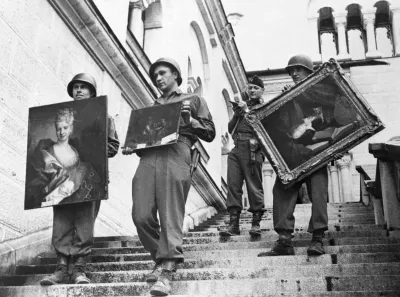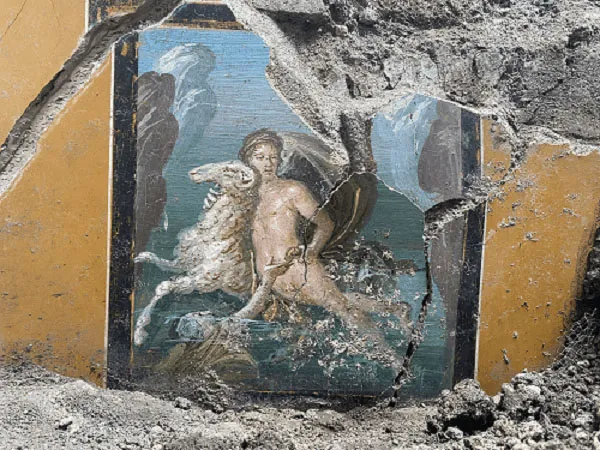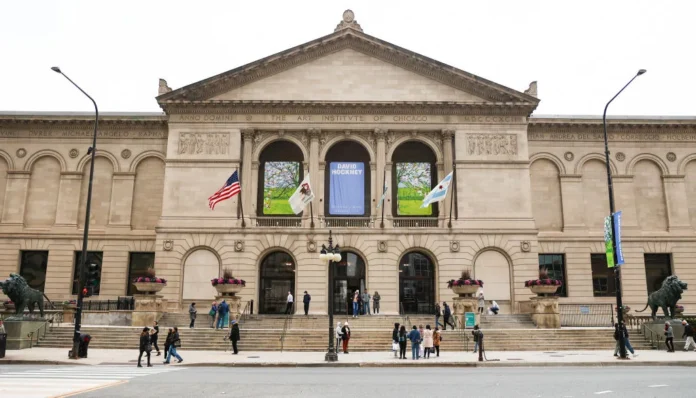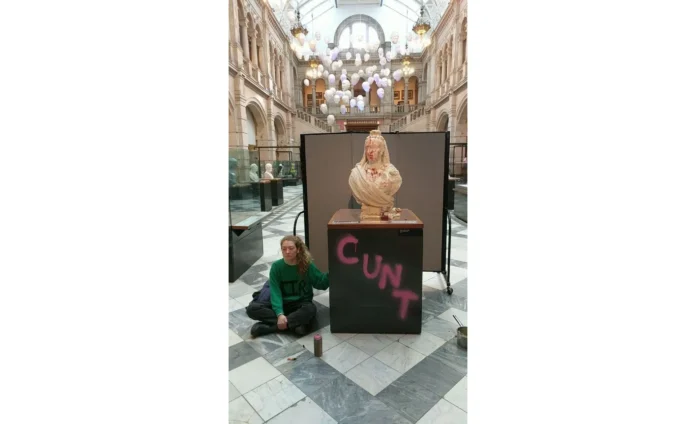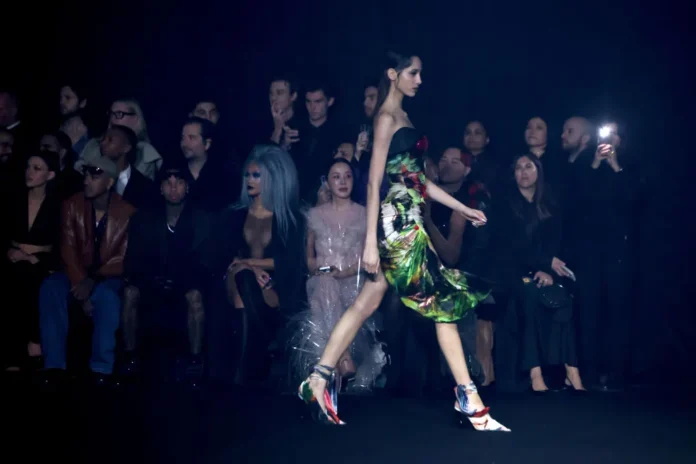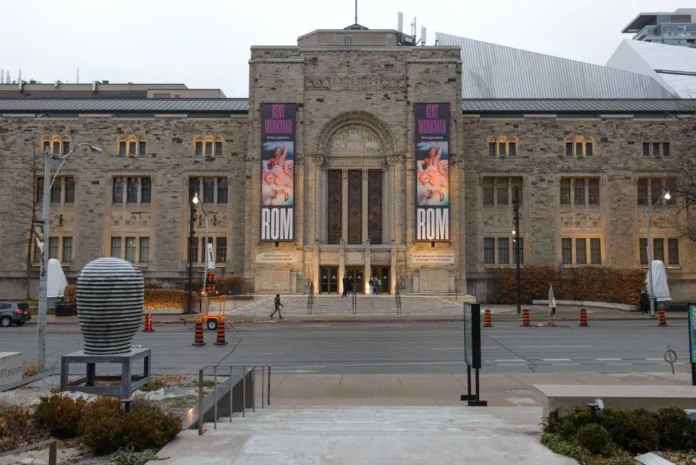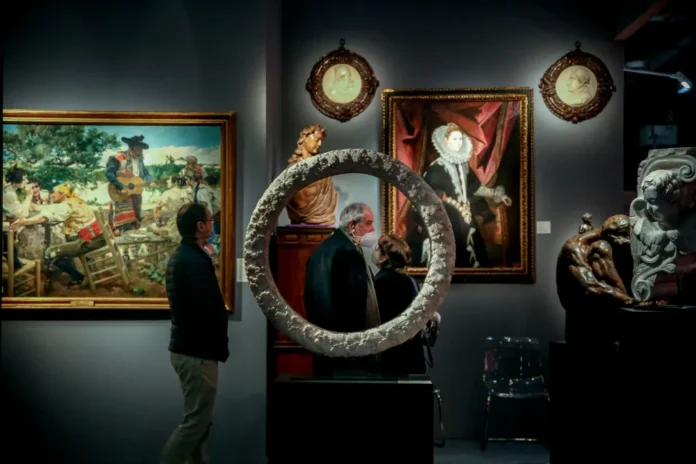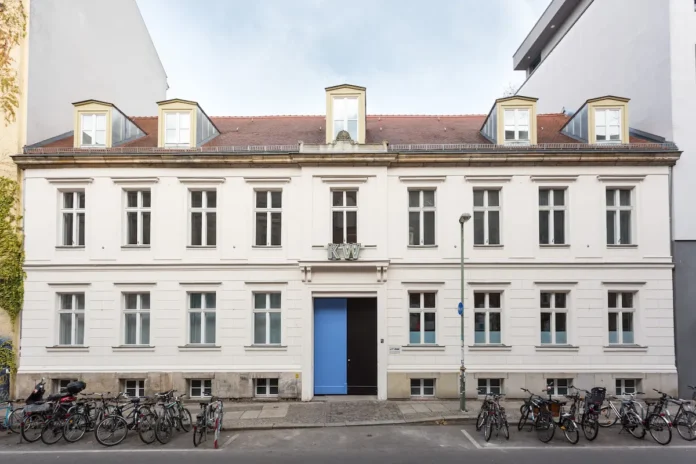Most countries have made little to no progress on the restitution of art and cultural property looted during the Holocaust, according to a recently released report.
“Holocaust-Era Looted Cultural Property: A Current Worldwide Overview” found that while seven countries have made “major progress” in returning items to their owner, 24 countries from among the 47 surveyed have not done sufficient historical research, provenance research, instituted a claims process, or “made a substantial number of restitutions.”
The report also notes that while there has been progress with restitutions from public collections, items in private collections should be a key area of attention going forward.
The report was unveiled by the World Jewish Restitution Organization (WJRO) and the Conference on Jewish Material Claims Against Germany (Material Claims) during an event at the U.S. Holocaust Memorial Museum in Washington, DC on March 5. The event was organized and presented by WJRO and the US State Department during the 25th anniversary of the Washington Principles.
The Washington Principles are eleven non-binding principles that representatives of 44 nations and 13 non-governmental organizations agreed to on December 3, 1998 after three days of meetings at the State Department’s Washington Conference on Holocaust-Era Assets.
The first principle: “Art that had been confiscated by the Nazis and not subsequently restituted should be identified.”
During the event on March 5, Secretary of State Anthony Blinken also unveiled “Best Practices for the Washington Principles on Nazi-Confiscated Art“. The government document, endorsed by 22 countries, is aimed at dealing with many of the legal and financial challenges slowing down the restitution of artworks, books, and other cultural items.
“Of the millions of works of art and cultural property stolen by the Nazis, countless objects still have not been returned to their owners,” Blinken said in his keynote address by video. “Today, too many governments, museums, dealers, galleries, and individuals still resist restitution efforts… while heirs confront staggering legal and financial barriers as they go up against opponents whose resources vastly outmatch their own.”
Blinken said the Best Practices give a more precise definition of what is considered Nazi-looted art, identify solutions when provenance research is deficient, and remedy processes that favor current possessors over rightful owners. The Best Practices also urge countries to strengthen restitution efforts.
The WJRO called it “a significant step”.
The findings of the WJRO and Material Claims report echoes comments that Stuart E. Eizenstat, the US Secretary of State Special Advisor on Holocaust-Era Issues, made to ARTnews in 2013 on the reasons behind the slowed momentum for restituted items.
Eizenstat organized the Washington Conference and negotiated the endorsement of the eleven Principles. “[M]any countries have not even begun provenance research,” while “others have substantially circumscribed the research, and others are not investigating acquisitions after the early 1950s, even though looted artworks have been in the art market for decades after that.”
In a press statement, Eizenstat said the Best Practices unveiled on March 5 are meant to help the practical implementation of the Washington Principles and were written in consideration of the different legal systems and laws of the 22 countries which endorsed the new document. “While they are legally non-binding, they are morally important and, as with the Washington Principles, will advance art restitution,” he said.
